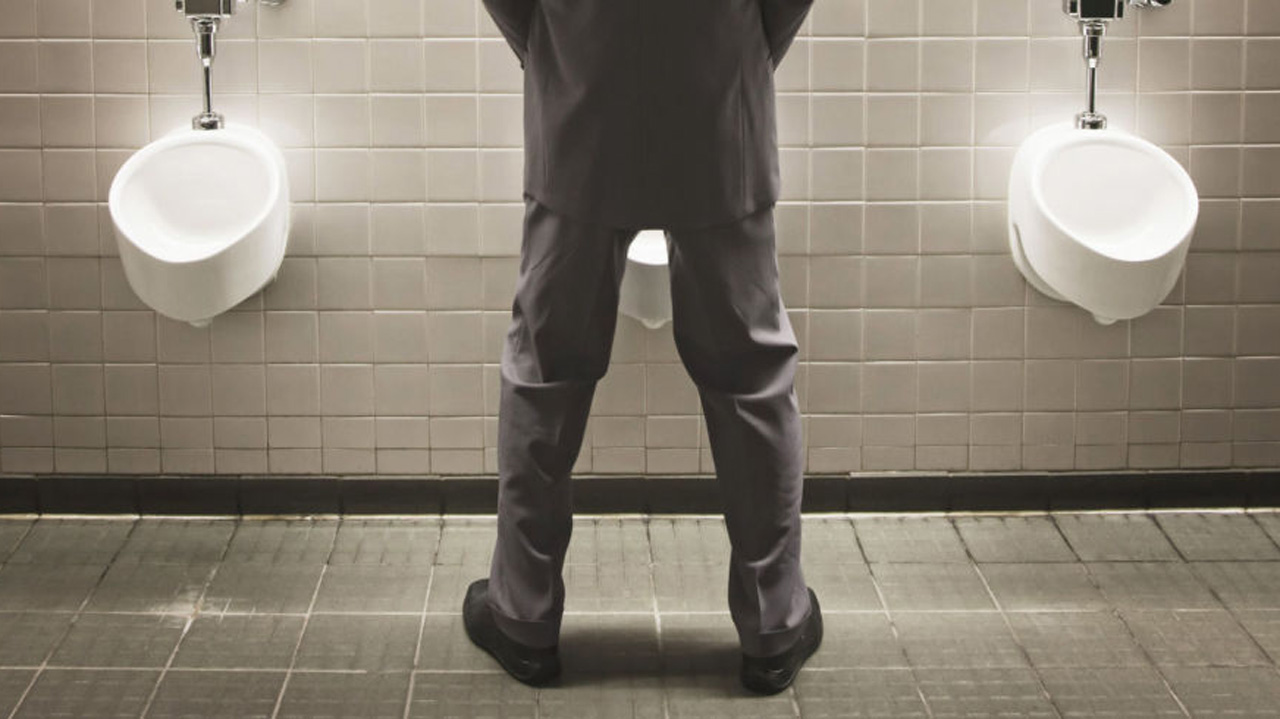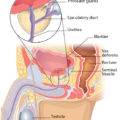Frequent urination means having an urge to pass urine more often than usual. It can disrupt one’s normal routine, interrupt the sleep cycle, and it can be a sign of an underlying medical condition. It can feel uncomfortable, like your bladder is extremely full. Frequent urination is also referred to as having an overactive bladder. Urologists, who are doctors that specialize in the urinary system, consider going more than 8 times in 24 hours to be frequent urination.
Fast facts on frequent urination:
Here are some key points about frequent urination. More detail is in the main article.
- Urinary frequency, or just frequency, is different from urinary incontinence.
- Most people urinate 6 or 7 times in 24 hours. Urinating more often than this may be referred to as frequency, but everyone is different.
- It is normally only a problem if it affects a person’s quality of life.
- Frequency can often be treated with exercises, but if there is an underlying condition, such as diabetes, this will need attention.
Causes of Frequent Urination in Men and Women
Frequent urination may be a symptom of diabetes or can result from medications, such as diuretics. If urinary frequency occurs at night, it may be referred to as nocturia (having to urinate at night). Many pregnant women also experienced an increased need to urinate.
Related Symptoms & Signs
Blood In Urine
Painful Urination
Cloudy Urine
Other causes of frequent urination
Increased Urinary Volume:
- Diabetes Insipidus (Central)
- Diabetes Insipidus (Nephrogenic)
- Diabetes Mellitus (Type 1 or Type 2)
- Excessive Intake of a High Solute Load (Such As Mannitol Therapy in the Hospital, or Use of Radiocontrast Materials for Radiology Procedures)
- Salt Wasting Kidney Diseases (Such As Bartter Syndrome)
- Excessive Fluid Intake
- Use of Diuretics
Voiding Dysfunction
- Benign Prostatic Hyperplasia (Men)
- Diabetic Neuropathy
- Interstitial Cystitis
- Other Neuropathies Such as Multiple Sclerosis and Parkinson’s Disease
- Post Kidney Stones
- Prostate Cancer
- Urethral Strictures
- Urinary Tract Infections
Urinary Incontinence in Women
- Anatomical Abnormalities
- Overactive Bladder (Also Called Urge Incontinence, Which Can Be Result From Infection, Bladder Infection or Cystitis, Bladder Tumors, or Neurogenic Bladder)
- Psychological Factors
- Stress Incontinence (Which May Be Related to Pregnancy, Estrogen Deficiency, or Pelvic Surgery)
Urinary Incontinence in Men
- Damage From Prostate Surgery
- Infections
- Neurogenic Bladders
- Prostate Hypertrophy
Urinary Incontinence in the Elderly
- Atrophic Urethritis
- Brain Dysfunction (Such as From a Stroke or Aging)
- Congestive Heart Failure
- Delirium
- Diabetes
- Drugs
- Infections
- Psychological
- Medications (Both Prescription and Nonprescription)
Foods That Cause Frequent Urination In Men and Women
Certain foods can irritate the bladder or urinary tract and exacerbate symptoms. The effects of various foods on an overactive bladder vary from person to person. Use trial and error to determine which foods affect you personally.
Tomato products
According to the Cleveland Clinic, tomatoes are an acidic food that can potentially irritate your bladder and worsen OAB symptoms. People who are particularly sensitive should also cut out tomato products
Coffee and tea
The culprit in coffee and tea is caffeine. It can increase bladder activity and result in exacerbated symptomsTrusted Source, including higher urgency and frequency of urination, as well as increased incontinence. Reducing or eliminating caffeine intake or switching to decaffeinated varieties can decrease symptoms. If you are particularly sensitive to caffeine, keep in mind that even decaf coffee and tea contains some caffeine
Chocolate
Like coffee and tea, a serving of chocolate also contains some caffeine — about 1/4 the amount in a cup of coffee. Try white chocolate, which usually doesn’t have caffeine, or dark chocolate, which contains more cocoa and might satisfy your craving with a smaller amount.
Alcoholic beverages
Along with chocolate and coffee, add adult beverages to the list of vices you may want to limit if you have an overactive bladder. This includes: beer, wine and liquor. Alcohol can irritate the bladder and disrupt the signals to your brain that make you aware of bladder overflow.
Carbonated beverages
The fizz in carbonated beverages can potentially aggravate OAB symptoms. Be wary of drinks such as: soft drinks ,soda water and energy drinks. Drinks with both carbonation and caffeine can be extra trouble, and so can champagne, which has carbonation and bladder-stimulating alcohol.
Spicy foods
The same foods that make your eyes water and burn your lips can also irritate your bladder, the Urology Care Foundation advises. Be wary of spicy peppers and sauces. Be extra cautious of spicy salsas, which contain another food on this list: tomatoes. Again, everyone reacts differently. Before you cut out spicy foods altogether, experiment to see which ones affect you and which ones don’t.
Sweeteners
According to the Cleveland Clinic, there’s some evidence that both artificial and natural sweeteners can increase OAB symptoms. As with other foods, you might not have to cut out sugar altogether, but it might be wise to experiment and see if your symptoms lessen when you limit these in your diet.
Processed foods
Processed foods contain a lot of artificial ingredients, such as flavoring and preservatives, which can irritate your bladder and worsen OAB symptoms. A healthy, balanced diet should include natural and fresh foods, such as vegetables and whole grains. This is especially true for people who have OAB.
Onions
Like spicy and acidic foods, onions can cause bladder problems and increase the urge to urinate. Raw onions are the main culprits, so try cooking them before you eat them to reduce the adverse effect they may have on your bladder.
Cranberries
Many people claim that cranberry juice relieves symptoms of urinary tract infections, but cranberries are acidic. Much like tomatoes and citrus fruits, cranberries can potentially irritate your bladder and cause urge incontinence. You might be tempted to try cranberry juice for relief, but it may worsen your symptoms. If you are going to take in fluids, water is your best bet (see next slide).
Watermelon
Watermelon, with its 92% water content and high potassium content, also has diuretic properties. It contains the amino acid citrulline, which relaxes blood vessels and keeps fluids from leaking into nearby tissue, thus reducing the retention of water. Watermelon is a natural diuretic which helps increase the flow of urine, but does not strain the kidneys (unlike alcohol and caffeine). Watermelon helps the liver process ammonia (waste from protein digestion) which eases strain on the kidneys while getting rid of excess fluids.
Treatment
Treatment will depend on the underlying cause. If the consultation leads to a diagnosis of diabetes mellitus, treatment will aim to keep high blood sugar levels under control. For a bacterial kidney infection, the typical course of treatment is antibiotic and painkiller therapy. If the cause is an overactive bladder, a medication known as an anticholinergic may be used. These prevent abnormal involuntary detrusor muscle contractions from occurring in the wall of the bladder.
If needed, medication therapy will be prescribed and monitored by a physician.Training in behavioral techniques may also help.
Bladder training and exercises
Other treatments address frequent urination rather than an underlying cause.These include:
Kegel exercises: Regular daily exercises, often done around pregnancy, can strengthen the muscles of the pelvis and urethra and support the bladder. For best results, perform Kegel exercises 10 to 20 times per set, three times a day, for at least 4 to 8 weeks.
Biofeedback: Used alongside Kegel exercises, biofeedback therapy enables the patient to become more aware of how their body functions. This increased awareness can help the patient improve their control of their pelvic muscles.
Bladder training: This involves training the bladder to hold urine longer. Training usually lasts 2 to 3 months.
Monitoring fluid intake: This may show that drinking a lot at certain times is the main cause of frequent urination.
Prevention
Eating a balanced diet and maintaining an active lifestyle can help moderate the output of urine.
This may mean limiting alcohol and caffeine intake and cutting out foods that can irritate the bladder or act as a diuretic, such as chocolate, spicy foods, and artificial sweeteners.
Eating high-fiber foods can also help reduce constipation. This may indirectly improve urine flow through the urethra, as a constipated rectum can put pressure on the urinary bladder, the urethra, or both.





